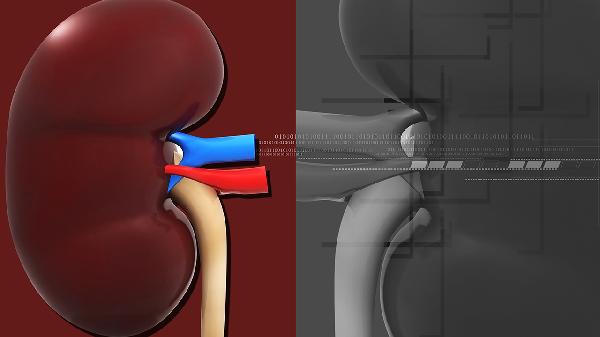Syphilis is one of the sexually transmitted diseases, and it is contagious through sexual activity. Some people do not fully understand the dangers of syphilis and tend to underestimate it, but it poses significant risks to human health. Therefore, it is crucial to seek timely treatment if infected with syphilis to avoid its harmful effects.
1. Increased Severity of Harm, Rising Disability and Mortality Rates: Due to the enhanced toxicity of the mutated spirochete, the damage to body organs becomes more severe. Additionally, the rapid progression of the disease after mutation, combined with poor traditional treatment outcomes, leads to increased disability and mortality rates from syphilis. Delayed treatment can result in organ failure and even life-threatening conditions.
2. Structural Mutation and Drug Resistance of the Spirochete: Every pathogenic microorganism has the potential to mutate, and the spirochete is no exception. Mutated spirochetes are like upgraded computer operating systems—more advanced, more toxic, and harder to treat. Moreover, the misuse of antibiotics in clinical settings accelerates the development of drug resistance in spirochetes, making traditional treatments more challenging.
3. Spirochete Damage to the Cardiovascular System: It can lead to aortitis, aortic valve insufficiency, aortic aneurysm, and other conditions.
4. Spirochete Invasion of the Central Nervous System: It can cause tabes dorsalis, general paresis, optic nerve atrophy, and other disorders.
5. Spirochete Damage to the Skeletal System: It can cause tissue and organ destruction, loss of function, and lead to disability or death.
Can Syphilis in Young People Be Cured?
First, specific syphilis tests: RPR (non-treponemal antibody test). If the result is positive, it can only serve as a screening tool, not a definitive diagnosis. The titer is used to assess the effectiveness of drug treatment. TPPA (treponemal antibody test) is a confirmatory test; it remains positive for life after syphilis infection. If RPR is positive, regardless of the titer level, a negative TPPA can rule out syphilis infection.
Syphilis can be easily cured if detected early and treated with the correct medications! This requires individuals with risky sexual behaviors, frequent travelers, and families with syphilis patients to actively undergo syphilis serum tests and specific antibody tests at hospitals! It is also important to monitor one's physical symptoms and compare them with the symptoms of syphilis!
So, How Can Syphilis Be Effectively Treated?
Syphilis is a chronic, systemic sexually transmitted disease caused by the Treponema pallidum spirochete. Due to its strong contagiousness and severe harm, early prevention is essential. If infected, it is best to seek timely medical examination and treatment.
1. Western Medicine: Antibiotic treatment is the primary approach. This is because syphilis is sensitive to antibiotics, and they act quickly. To some extent, they can alleviate or improve the discomfort caused by syphilis. However, drug treatment is usually used as a clinical adjunct; for patients in the secondary or tertiary stages of syphilis, relying solely on these medications is often ineffective.
2. Traditional Chinese Medicine (TCM): Currently, the use of TCM alone to treat syphilis is rare and is typically limited to adjunctive therapy. Certain heat-clearing and detoxifying Chinese herbal medicines or herbs may help alleviate clinical symptoms. However, due to their unclear efficacy, unstable properties, significant discomfort during use, and inability to cure the disease, clinical experts generally do not recommend this approach.
























